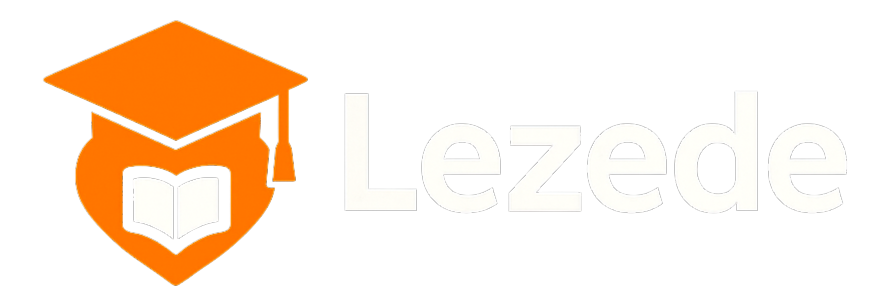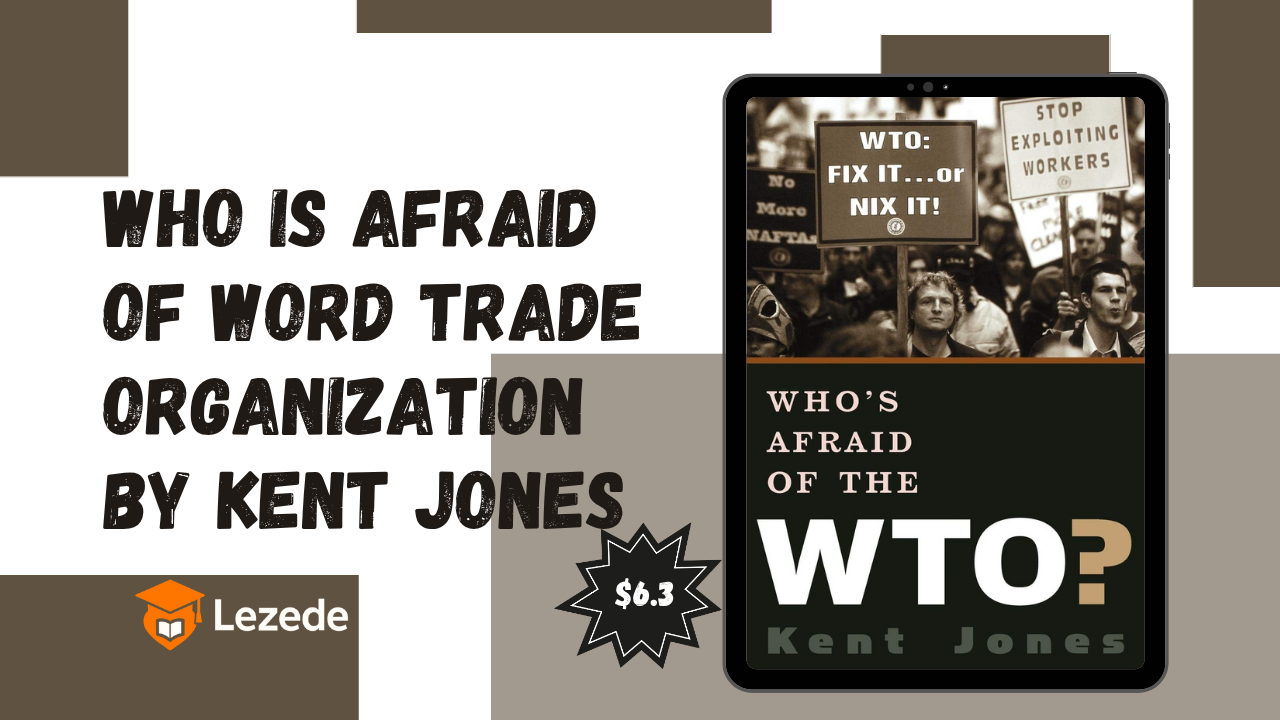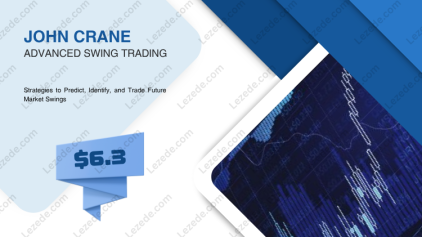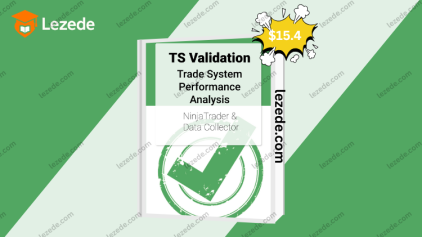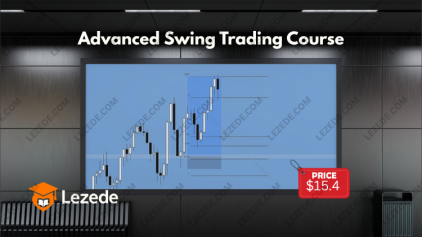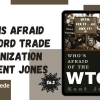Who is Afraid of Word Trade Organization by Kent Jones Free Download – Includes Verified Content:
Who’s Afraid of the WTO? An In-Depth Review of Kent Jones’ Analytical Perspective
In the world of global trade discussions, few organizations provoke as much controversy as the World Trade Organization (WTO). In Who’s Afraid of the WTO?, Kent Albert Jones delivers a thought-provoking exploration of the debates and criticisms surrounding this institution. As a seasoned economics professor specializing in international trade policy, Jones offers a balanced yet sharp perspective, tackling the apprehensions people have about the WTO’s role in shaping global commerce and socio-economic outcomes. This review examines the book’s central themes, Jones’ rebuttals to detractors, and the broader significance for international trade relations.
Examining the WTO’s Critics
Jones opens by outlining the major grievances voiced by various interest groups regarding the WTO’s influence. Labor organizations and workers’ unions are among the loudest critics, arguing that WTO agreements worsen the strain of import competition, jeopardizing job security. For example, the offshoring of U.S. manufacturing jobs to lower-wage countries illustrates the fear that free trade without proper protections undermines domestic industries and destabilizes economies.
Environmentalists are also highlighted, accusing the WTO of enabling practices that damage ecosystems. They claim that WTO trade rules may override national environmental safeguards. For instance, reducing tariffs on imports can inadvertently allow environmentally harmful goods into domestic markets if stringent regulations are seen as trade barriers.
Human rights advocates further argue that the WTO impedes the use of trade sanctions designed to protect fundamental rights. To them, the organization prioritizes liberalized trade over moral obligations.
Anti-capitalist campaigners go even further, portraying the WTO as a tool for multinational corporations to extend their global dominance, often at the expense of developing economies. They contend that these nations are pressured into adopting free-market reforms prematurely, leading to damaging economic consequences.
The WTO’s Potential to Foster Fair Trade
Despite these criticisms, Jones offers a compelling defense of the WTO’s mission. He asserts that the organization can play a vital role in promoting equitable trade and supporting economic growth. Far from being simply a corporate ally, the WTO provides a structured platform for resolving trade disputes and maintaining stability in global markets.
Jones argues that many anti-globalization movements lack a nuanced understanding of international trade’s complexity. While protests have raised awareness, they often fail to convey the broader economic realities. He stresses the importance of giving developing countries access to fairer trade terms; without them, weaker economies may be unable to safeguard their interests against dominant players.
Furthermore, Jones notes that emerging markets often struggle due to underdeveloped infrastructure and limited competitiveness. He believes WTO-aligned fair trade policies can act as a shield, helping these nations participate in the global economy without sacrificing stability.
Critics vs. Supporters: A Side-by-Side Look
| Critics | Supporters |
|---|---|
| Job insecurity for workers | Offers structured dispute resolution |
| Environmental harm | Encourages fair trade principles |
| Weakens human rights protections | Stimulates economic growth |
| Benefits multinational corporations disproportionately | Expands trade opportunities for developing nations |
The comparison shows that WTO debates are complex and layered. While detractors raise valid concerns about the risks of unchecked trade liberalization, advocates emphasize the value of having a rules-based system that supports fairer practices and development.
Education as a Key to Better Trade Dialogue
Jones underscores the importance of public education on trade policy and its consequences. Many misconceptions stem from the intricate nature of international trade, leading to polarized debates that miss core issues. For example, some view globalization solely as harmful, overlooking benefits like increased access to diverse goods and services.
To close this knowledge gap, he suggests integrating comprehensive trade policy studies into academic curricula. By understanding the mechanics of global commerce and organizations like the WTO, citizens can engage in more informed, constructive discussions.
Education also equips developing nations’ leaders to negotiate stronger trade agreements. With the right knowledge, these countries can advocate effectively for policies that ensure globalization works in their favor rather than against them.
Conclusion
In Who’s Afraid of the WTO?, Kent Albert Jones offers a well-rounded assessment of one of the most debated bodies in global trade. By addressing its critics and outlining its potential to promote fairer, growth-oriented trade, Jones enriches the dialogue on globalization. His work ultimately champions not only the WTO’s relevance but also the need for deeper public understanding of the complex realities shaping international trade. Through education and informed debate, a more equitable global trade system could be achieved—one that benefits nations at every stage of development in today’s interconnected economy.
